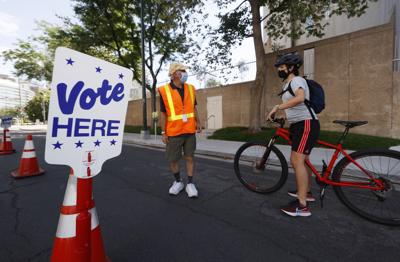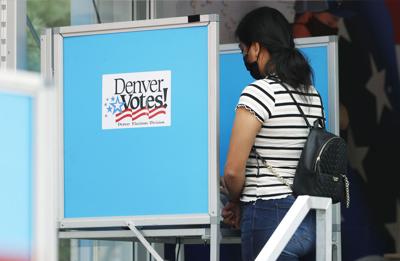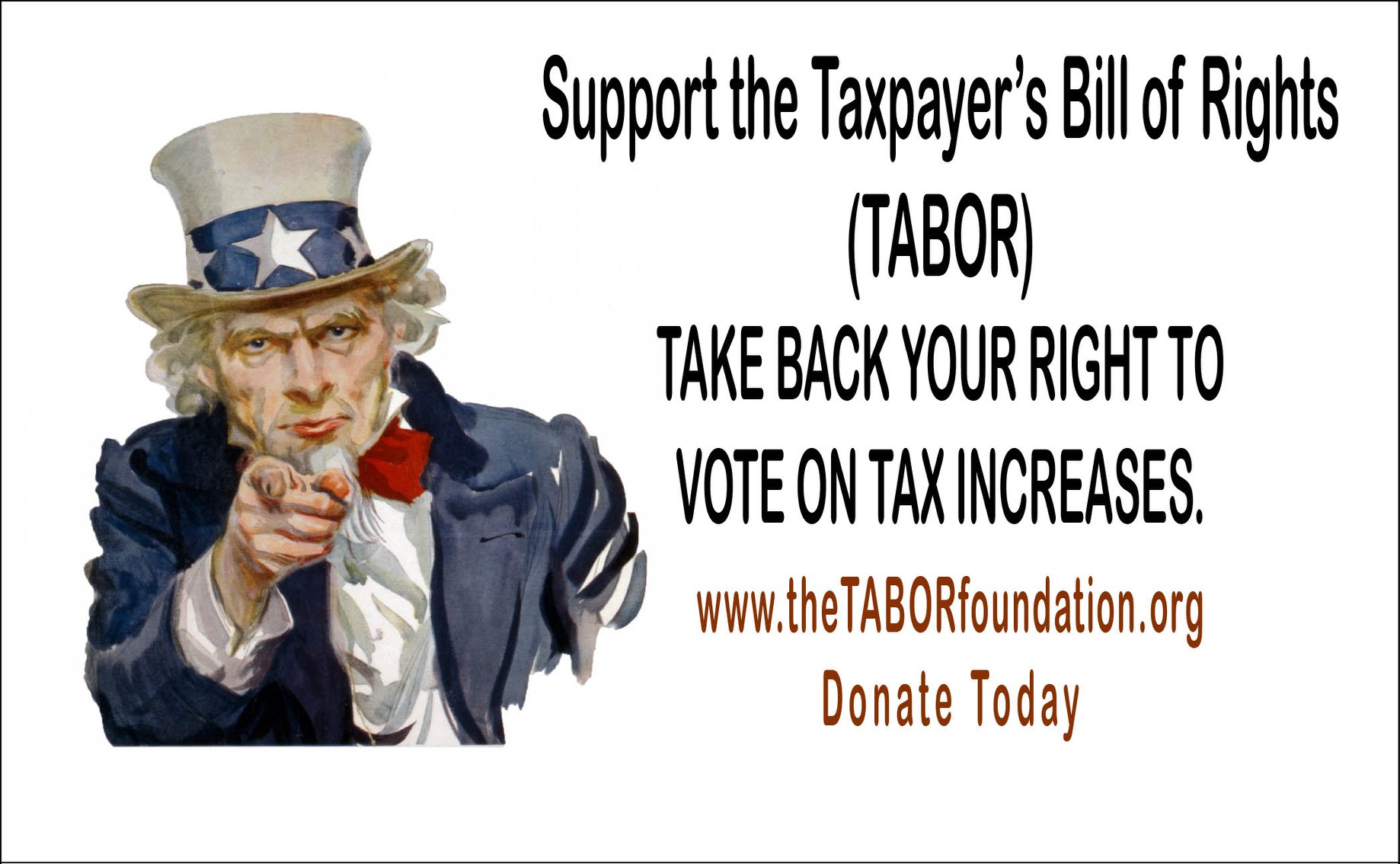
(The Center Square) – Supporters of an effort to implement a progressive state income tax system called it quits on Friday.
The Fair Tax Colorado campaign said it didn’t collect enough signatures to qualify Initiative 271 for the ballot in November, citing a petition process complicated by the COVID-19 pandemic.
“The campaign is ending today, but our ballot work will continue,” said the Colorado Fiscal Institute, one of the measure’s backers. “That’s because citizen initiatives are where tax policy is made in Colorado, and we need to keep Coloradans engaged on these critical issues.”
The measure proposed amending the state constitution and adjusting the state’s current 4.63 percent flat income tax rate according to income. Under the measure, taxpayers making $250,000 or less annually would have been taxed at 4.58 percent; those making $250,000 to $500,000 would have taxed at 7 percent.


